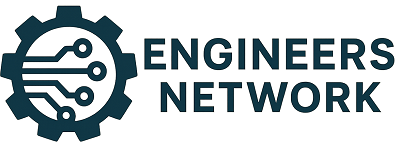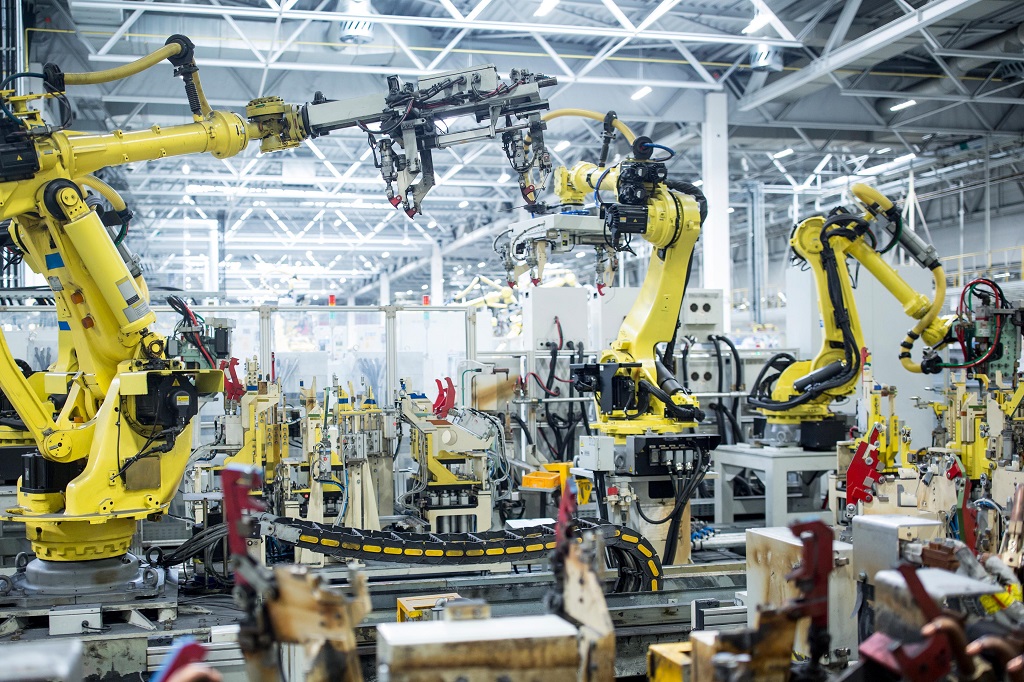In the bustling world of commercial laundry services, the quality and efficiency of your equipment can significantly influence your business’s success. High-performance industrial equipment isn’t just a luxury. It’s a necessity for keeping up with the demands of a busy operation. From industrial washing machines to refrigerated counters, every piece of equipment plays a crucial role in ensuring smooth and effective service.
Types of Industrial Equipment for Laundries
Washing Machines
Front-Loading vs. Top-Loading
When it comes to washing machines, front-loading units are often favored in commercial settings for their superior efficiency and capacity. These machines use less water and energy, which translates to lower utility bills and a smaller environmental footprint. Top-loading machines, while traditionally more common, are generally less efficient but might be easier to use for certain setups.
Capacity and Efficiency
Choosing the right capacity is essential. Industrial washing machines come in various sizes, typically ranging from 20 to 100 pounds in capacity. Larger machines can handle bigger loads, reducing the number of cycles needed and thus saving time and labor. Efficiency is also key—look for machines that are ENERGY STAR® certified to ensure you’re getting the most out of your investment.
Dryers
Tumble Dryers vs. Spin Dryers
Dryers in industrial settings come in two main types: tumble dryers and spin dryers. Tumble dryers are more common and can handle larger loads. They use hot air to dry clothes, making them suitable for most laundry needs. Spin dryers, on the other hand, use centrifugal force to remove excess water, which can be a more energy-efficient method but might not fully replace a tumble dryer in a high-volume operation.
Heat Pump Technology
Heat pump dryers are becoming increasingly popular in commercial laundries due to their energy efficiency. They use a closed-loop system to recycle hot air, which reduces energy consumption and operating costs. Although they might have a higher initial investment, the long-term savings can be substantial.
Refrigerated Counters
Purpose and Benefits
Refrigerated counters are crucial in many industrial environments, especially for those that need to store or prepare food. They keep ingredients at optimal temperatures to prevent spoilage and maintain quality. These counters are designed to handle high volumes and provide consistent cooling.
Types of Refrigerated Counters
There are several types of refrigerated counters, including under-counter models and countertop units. The choice between these depends on your specific needs and available space. Under-counter models are ideal for tight spaces, while countertop units provide more surface area for food preparation.
Blast Chillers
Function and Use
Blast chillers are essential for quickly reducing the temperature of hot foods to safe levels. This process helps preserve the quality and safety of the food. In commercial settings, especially those dealing with high volumes of food, blast chillers are invaluable for maintaining compliance with food safety regulations.
Key Features
When selecting a blast chiller, consider features such as rapid cooling capabilities, programmable controls, and easy-to-clean surfaces. These features ensure the chiller meets your operational needs and adheres to hygiene standards.
Key Features to Consider
Energy Efficiency
Energy efficiency is a major factor in the overall cost of industrial equipment. Look for machines with high efficiency ratings to ensure you’re reducing operational costs and minimizing environmental impact.
Durability and Build Quality
Industrial equipment is subject to heavy use, so durability is crucial. Opt for machines made from high-quality materials that can withstand the rigors of daily operations.
Capacity and Size
Ensure the equipment you choose fits your space and meets your volume requirements. It’s better to invest in machinery that can handle more than your current needs to accommodate future growth.
Ease of Maintenance
Equipment that is easy to maintain will save you time and money. Look for machines with accessible parts and straightforward maintenance procedures.
Accessories and Add-ons
Detergent Dispensers
Automated detergent dispensers can streamline your laundry process by ensuring the correct amount of detergent is used for each load. This not only improves cleaning efficiency but also helps in managing costs.
Ironing and Folding Machines
Ironing and folding machines can significantly reduce labor costs and improve productivity. They’re essential for operations dealing with large volumes of clothing.
Waste Management Solutions
Effective waste management is crucial for maintaining a clean and efficient operation. Solutions such as waste compactors and recycling systems help manage and reduce waste.
Benefits of Upgrading Your Equipment
Cost Savings
Investing in high-performance equipment may involve a higher initial cost, but the savings in energy, water, and labor costs can be substantial over time.
Improved Efficiency
Modern equipment is designed to operate more efficiently, reducing cycle times and increasing productivity. This allows you to handle more loads in less time.
Enhanced Quality of Service
Upgraded equipment can improve the quality of cleaning and drying, leading to higher customer satisfaction and repeat business.
Choosing the Right Equipment for Your Business
Assessing Your Needs
Start by evaluating your specific needs. Consider factors such as the volume of laundry, types of fabrics, and space limitations.
Budget Considerations
While it’s important to stay within budget, don’t compromise on quality. Sometimes spending a little more upfront can save you money in the long run.
Brand and Supplier Comparison
Research different brands and suppliers to find the best equipment for your needs. Read reviews, compare warranties, and consider customer support options.
Maintenance and Support
Routine Maintenance Tips
Regular maintenance is key to keeping your equipment running smoothly. Follow manufacturer guidelines for cleaning and servicing.
Finding Reliable Service Providers
Choose service providers with a good reputation for reliability and expertise. Regular check-ups and prompt repairs will extend the lifespan of your equipment.
Conclusion
Investing in high-performance industrial equipment is essential for any business that relies on laundry services. From efficient washing machines and dryers to specialized refrigerated counters and blast chillers, the right equipment can enhance your operations, save costs, and improve service quality. By carefully considering your needs and choosing quality equipment, you set your business up for long-term success.




Leave a Reply